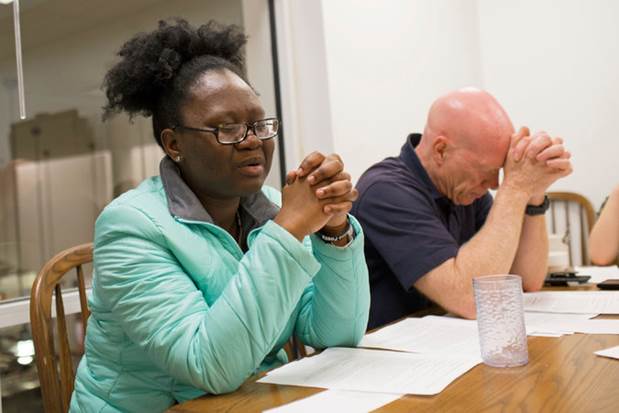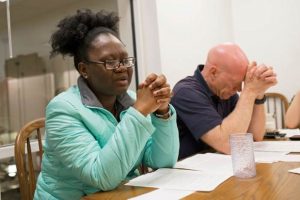
Is it reasonable for a university to insist that campus Christian groups accept non-Christian or anti-Christian students as group leaders? Ask a hundred ordinary Americans and you would very likely get 99 or 100 noes. Ask the same question at our most politically correct colleges and universities, though, and you’d get a different answer. Because of campus anti-discrimination codes, all campus groups must accept all candidates for leadership–a Democratic club must allow a Republican, a Jewish group must allow a Holocaust denier, a science group must accept a flat-earther and a Muslim group must accept a leader who believes in Christianity, animism, or voodoo.

On the modern campus, this system is considered rational. Bowdoin College in Maine has just disenfranchised its Christian Fellowship, a campus presence of more than 40 years, denying recognition to the group, disabling key cards of longtime volunteer advisers, and forbidding use of campus space and even bulletin boards by the group. Responding to pressure from gay students, the college insists that the Christian group allow candidacy of gay leaders. The group says it will gladly allow gay members but not leaders, because leaders must uphold the group’s religious doctrine. In effect, Bowdoin is insisting that the Christian group either get off campus or accept a system under which the beliefs of the group could be distorted or overthrown by non-believers. “It would compromise our ability to be who we are as Christians if we can’t hold our leaders to some sort of doctrinal standard,” said Zackary Suhr, who just graduated from Bowdoin. Robert B. Gregory, a lawyer and minister who with his wife Sim serves as a volunteer leader of the Christian group, put it more simply: “We now have Bowdoin College defining Christianity.”
“No one, in my experience, has ever come to me or Sim and said, ‘you mistreated me,'” Gregory said. “We’ve had candid discussions about what the scriptures say about homosexuality. All of those students have told me they respect the way Sim and I address those issues. All we try to do is teach the scriptures,” he said.
Carroll Conley, executive director for the Christian Civic League of Maine, said Bowdoin’s expulsion of the Gregorys is yet another example of the hostility toward religious sentiment prevalent in this country.
“This is a perfect example of intolerance toward people of faith who hold positions contrary to popular culture,” said Conley. “Religious freedom is fast becoming a privilege afforded only to those who bow down to the agenda of political correctness rather than the fundamental right our Founding Fathers so vehemently protected.”
The primary lesson here is not that universities are torn between freedom of religion and anti-bias rules. Rather the lesson is that administrators are willing to respond to a powerful campus group, gay students, at the expense of one that is weaker and usually disfavored on campus. Though written in the bland language of brotherhood, antidiscrimination laws give critics of private groups “a public hammer with which to beat groups they oppose,” Richard Epstein, professor of law at the University of Chicago said in 2007. They also provide a way for outsiders to reach into a dissenting group to determine its membership, policies, and officers.
Using a verbal screen of “diversity,” “fairness,” and “nondiscrimination,” university officials delegitimize religion by substituting campus orthodoxy for religious principles. Even if a university feels torn, its antidiscrimination rules shouldn’t trump the First Amendment’s protection of freedom of religion, association, and speech. Antidiscrimination laws are in fact becoming a threat to these freedoms.